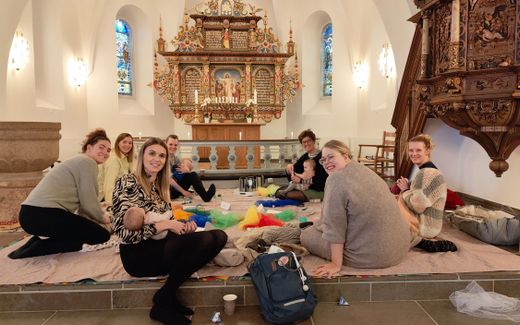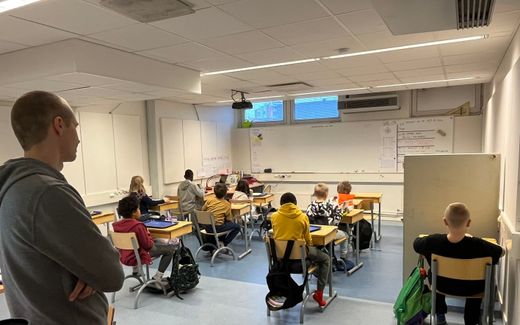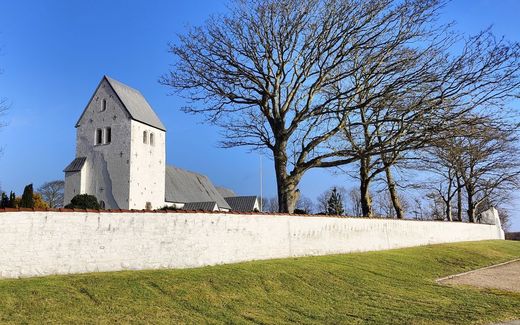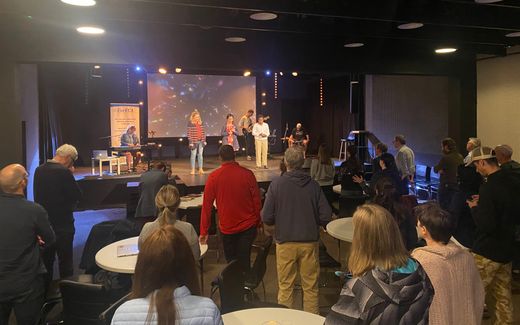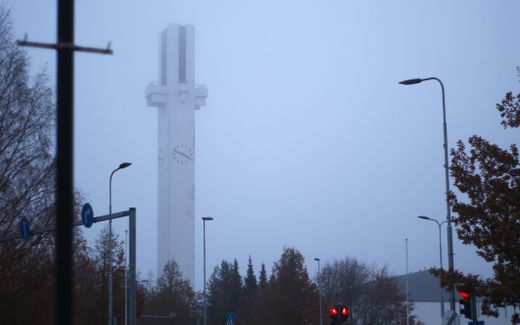Why Danish Christian teachers feel privileged
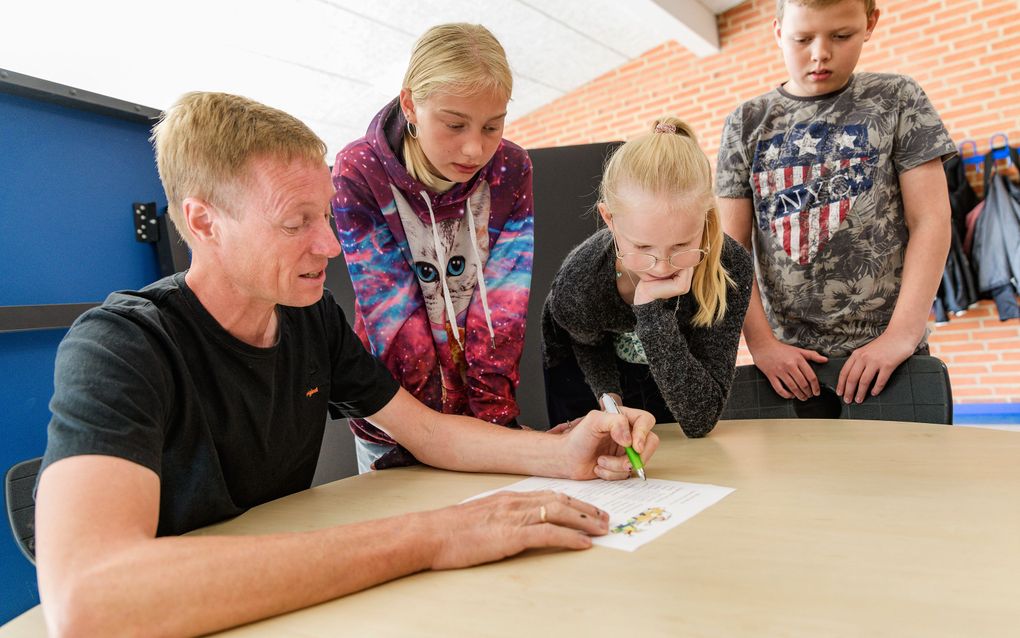
With an average grade of 8.7, the final grades of the free Christian school of Skjern are above regional and national averages. Photo Skjern Kristne Friskole
Northern Europe
Danish Christians are privileged with their freedom in education. However, they still experience political pressure. "You can't just quote the Bible to politicians."

Year after year, it's the best school in the region: the free Christian school of Skjern. With an average grade of 8.7, the final grades of the primary school are above regional (6.7) and national (7.3) averages. School principal Allan Haahr Hansen is pragmatic about it. "We're just a regular school, but we like to solve our own problems. Apparently, it pays off."
The towering fifty-something has been leading the school – with nearly 400 students – for over nine years. Before that, he taught for 17 years at another school. "I've been in Christian education my whole life," the head teacher states in his office.
Through the door, the sound of drumming and piano music can be heard; further down the hall, a music lesson is in full swing. Hansen doesn't seem to notice; he enjoys his work in Skjern. "There are nice people to work with here, and we believe in Christian education."
Fortunate
Danish Christians schools are privileged, says Jakob Carl Christensen. "We have a lot of freedom to shape our education, and in addition, the government foots the bills for 75 per cent," states the director of Foreningen af Kristne Friskoler, the Danish Association of Christian Free Schools (FKF).
Christensen is the contact person for 35 Christian primary schools and 18 daycare centres. Additionally, he represents their interests in the public debate. "Sometimes, we complain a bit, but we are very fortunate with the Danish system."
The establishment of FKF in 1971 was a response from concerned Christian parents against the liberalisation of Denmark, says Christensen. "Denmark was one of the first European countries to legalise abortion and pornography. Many Christians felt that they had to protect their children because society was moving in the wrong direction. It was a protest movement."
Just as in the church life, the people of the revival movement Lutheran Mission took the step towards a free organisation outside the state institutions. While the other major revival movement, the Inner Mission, chose to remain faithful to the state schooling system, many of the Lutheran Mission felt it was time to leave. "It was a protest movement," says Christensen.
Turbulent period
So, it was a protest movement to protect children. Over fifty years later, that protection caused a political controversy surrounding Christian schools. In 2020, a Christian website clumsily set homosexuality and incest in the same equation, and that particular website was referenced in some teaching material that was used at a Christian school.
It prompted the then Minister of Education, Pernille Rosenkrantz-Theil, to condemn not only the material also to threaten the entire private school system with restrictive measures. According to Christensen, FKF immediately and strongly distanced itself from the material, but it was a turbulent period for Christian education in Denmark. "It was really intense."

That affair prompted FKF to reconsider their communication. "We realised that we couldn't just bring our Biblical linguistics into politics," explains Christensen. "If you want to address something about sexual ethics, and you bring up 2 Corinthians, you might as well quote the latest Batman movie. It's pointless to try to convince people with communication that means nothing to them."
According to Christensen, FKF's new motto is, therefore, "Into society, values maintained." "Instead of leaving society and seeking protection, we want to make our children resilient while maintaining our values."
School director Hansen, also a board member of FKF, is aware of the issues surrounding LGBTQ+. "We have to address the subject in our lessons, but fortunately, we're allowed to add our own opinion."
Demographics
Both Hansen and Christensen agree that Christian education in Denmark is in calm waters for now. Finding staff is a challenge, as it is in other countries. Otherwise, they do not experience major problems in their field.
However, at the local level, there are issues, notes Hansen. He is concerned about the demographics of the Skjern region; classes are slowly shrinking. "There are fewer and fewer children being born in this area. That is obviously not good for our school."
Related Articles


